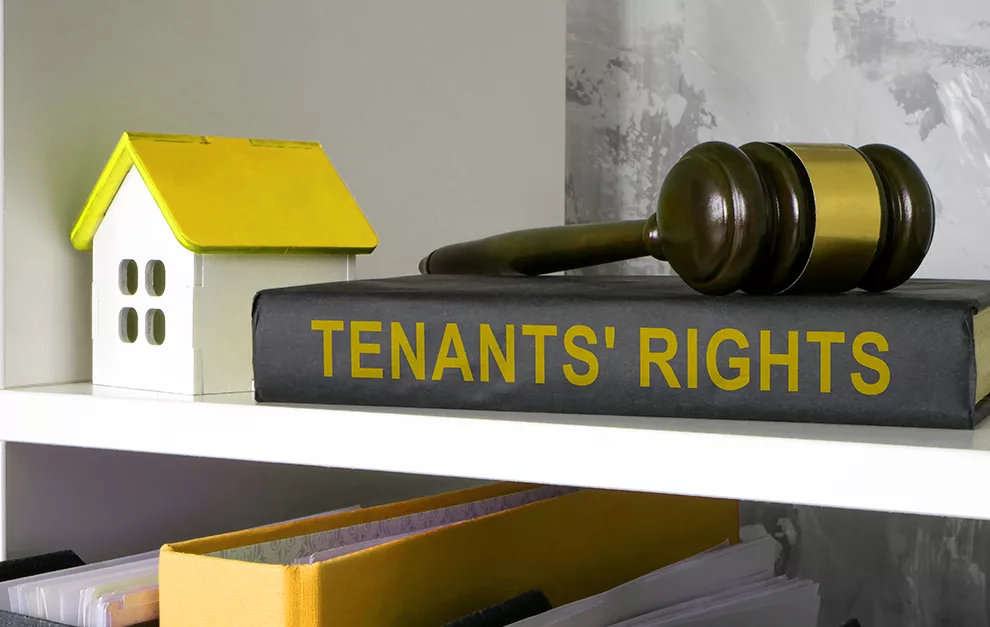What Are the Rights of a Tenant in Kenya?

As the real estate market in Kenya continues to grow, it is essential for both tenants and landlords to understand the rights and responsibilities that govern their relationship. Tenants play a crucial role in the rental market, and it is vital that they are aware of their rights to ensure a fair and equitable living arrangement. Here, we explore the rights of tenants in Kenya, discuss their legal protections against landlords, provide a list of tenant responsibilities, and offer guidance on whom to contact for assistance with tenant rights issues.
Section 1: Understanding Tenant Rights In Kenya.
Tenants enjoy specific legal rights that safeguard their interests and ensure a harmonious landlord-tenant relationship. It is important for tenants to be aware of these rights to protect themselves from potential disputes. Here are some key tenant rights in Kenya:
- Right to a habitable dwelling: Tenants have the right to live in a safe and habitable rental property, free from health hazards and structural defects.
- Right to privacy: Tenants are entitled to privacy within their rental unit, and landlords cannot enter the premises without proper notice, except in emergencies.
- Right to non-discrimination: It is illegal for landlords to discriminate against tenants based on their race, ethnicity, religion, gender, disability, or other protected characteristics.
- Right to peaceful enjoyment/entertainment: Tenants have the right to peacefully enjoy their rented property without interference from the landlord, as long as they abide by the lease agreement.
Section 2: Tenant Rights Against the Landlord
While tenants have certain rights, they also have legal protections in case of disputes or violations by the landlord. Here are some of the rights tenants have against their landlords in Kenya:
- Right to a written tenancy agreement: Tenants have the right to receive a written agreement that outlines the terms and conditions of the tenancy, including rent amount, duration, and maintenance responsibilities.
- Right to fair rent: Landlords must charge reasonable rent based on market rates, and they cannot arbitrarily increase the rent without proper notice.
- Right to security of tenure: Tenants have the right to occupy the rental property for the agreed-upon duration as stated in the tenancy agreement unless otherwise specified by the law.
- Right to proper eviction procedures: Landlords must follow the legal eviction process, which involves issuing a notice to the tenant, providing a valid reason for eviction, and obtaining a court order if necessary.
Section 3: Tenant Responsibilities
While tenants have rights, they also have certain responsibilities towards the rental property and the landlord. Being aware of these responsibilities is crucial for maintaining a good landlord-tenant relationship. Here are some common tenant responsibilities in Kenya:
- Paying rent on time: Tenants are responsible for paying the agreed-upon rent amount on time, as stated in the tenancy agreement.
- Maintaining cleanliness: Tenants should keep the rental unit clean and hygienic, ensuring proper waste disposal and general upkeep.
- Reporting damages and repairs: Tenants should promptly inform the landlord about any damages or necessary repairs in the rental property to avoid further deterioration.
- Following house rules: Tenants must abide by any reasonable house rules established by the landlord, such as noise restrictions or pet policies.
Section 4: Whom to Contact for Tenant Rights Assistance
If tenants face any issues or violations of their rights, it is crucial to know whom to contact for assistance. Here are some organizations in Kenya that can provide guidance and support:
- Federation of Kenya Landlords (FKL): FKL offers services and resources to landlords and tenants, including information on tenant rights and dispute resolution.
- Legal Aid Organizations: Various legal aid organizations provide free legal advice and representation to tenants who cannot afford legal assistance.
- Tenant Associations: Joining local tenant associations can provide tenants with a collective voice and access to support and information on their rights.
Conclusion: Understanding tenant rights is essential for both tenants and landlords in Kenya. By knowing their rights and responsibilities, tenants can ensure fair treatment and a safe living environment. It is crucial for tenants to familiarize themselves with the specific laws and regulations in their area and seek assistance from relevant organizations if needed. By fostering a balanced landlord-tenant relationship, the rental market in Kenya can thrive, benefiting both parties involved.